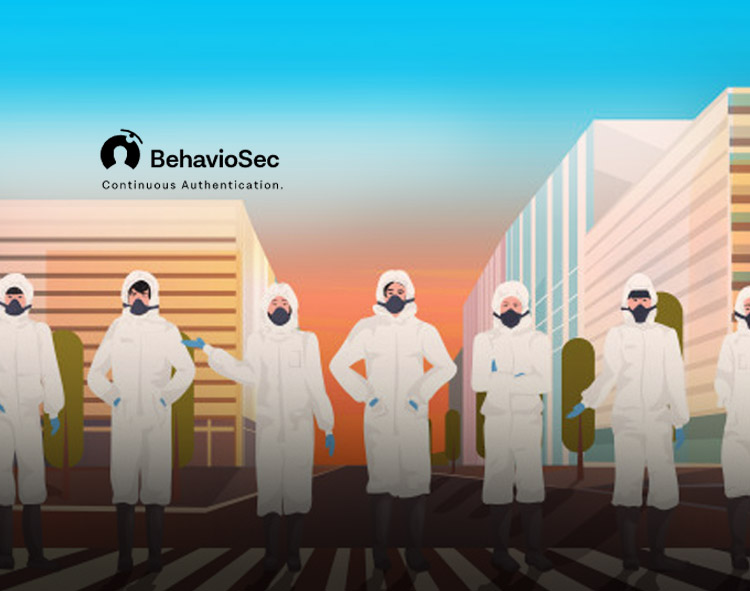BehavioSec, the first vendor to pioneer behavioral biometrics, is positioned for strong growth as post-pandemic mobile shifts and evolving cyber threats highlight greater demand for deep authentication and anti-fraud capabilities delivering increased trust without breaking the user experience. With contactless, mobile-optimized shopping, financial services and business productivity on the rise, organizations are rethinking how to verify online identities with greater accuracy and lower friction, as chronic abuse of stolen passwords and other credentials persists. BehavioSec’s intuitive behavioral biometrics technology meets enhanced authentication demands by delivering zero trust safeguards authenticating individuals based on users’ typing patterns, touchscreen activity and cursor movements, beyond vulnerable passwords. Authenticating users seamlessly in the background without proprietary hardware or other tokens reduces fraud risks and gives BehavioSec customers a competitive edge.
Read More: Strider Announces John Mullen, Former Assistant Director of CIA, Joins Company as Advisor
“We’re witnessing a seismic shift in digital interactions and expectations as users become more acclimated to working, shopping and interacting online, transforming not only digital services but also what customers expect from the fintech and e-commerce experience”
“We’re witnessing a seismic shift in digital interactions and expectations as users become more acclimated to working, shopping and interacting online, transforming not only digital services but also what customers expect from the fintech and e-commerce experience,” said BehavioSec Vice President of Products Jordan Blake. “But digital adoption isn’t the only thing accelerating. Cyber scams are also on the rise as criminals seek to take advantage of new apps, services and consumer fear and uncertainty in the wake COVID-19. Businesses are increasingly challenged in this environment to provide strong customer authentication without customer friction. That means a more adaptive approach to validating online identities that meets the needs of both companies and consumers, and one that can be achieved through behavioral biometrics.”
Months of unprecedented pandemic disruptions are accelerating the world’s shift to wider remote work and making mobile devices the center of essential business and personal services. Fintech platforms are helping disburse aid from U.S. government stimulus programs. The IRS delayed U.S. Tax Day to July 15, 2020, giving affected consumers and businesses more time to prepare tax returns and use software, virtual consultations and mobile apps, as office closures and quarantines continue through summer. Recent studies show customers are using their bank’s mobile app more frequently now than ever before. These digital trends aren’t just limited to banking. An April Mastercard poll found a high consumer preference for contactless payments; a finding further evidenced as consumers choose more often to shop online. Unfortunately, extra friction resulting from authentication measures meant to protect them can leave those same users cold with 28% abandoning online purchases due to forgotten usernames or passwords as reported by FICO.
Read More: GlobalFintechSeries Interview with Nick Cowan, CEO of the GSX Group
